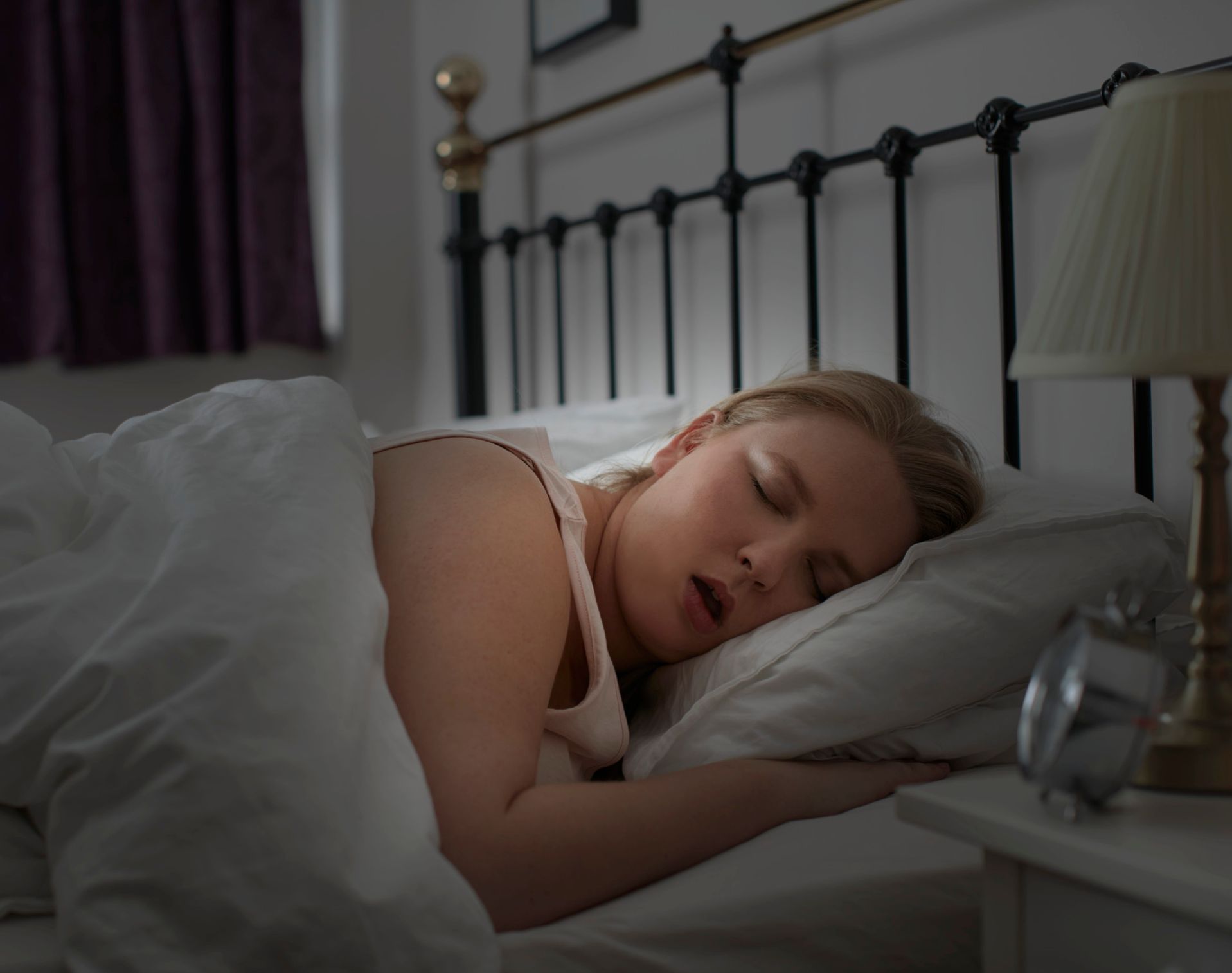
Dr Shruthi Konda
Specialist expertise: Respiratory Medicine, Breathlessness, Cough, COPD, COVID/Post-COVID syndromes, Respiratory Infections, Sleep Disorders, Snoring, Respiratory Failure, Home Ventilation, General Respiratory Medicine.
Between 40% and 56% of women experience significant sleep problems during menopause, and many women find it to be one of their most frustrating symptoms.

Between 40% and 56% of women experience significant sleep problems during menopause. Quality sleep is vital for physical and mental wellbeing — yet hormonal fluctuations often make restful nights harder to achieve.
Poor sleep during menopause can worsen other menopausal symptoms, affect mood and memory, lower libido, and increase the risk of cardiovascular disease.
The good news? You don’t have to accept sleepless nights as inevitable. Understanding the connection between menopause and sleep — and knowing how to manage it — can help you restore balance, energy, and wellbeing.
The transition into menopause brings dramatic hormonal changes, especially in oestrogen and progesterone levels — both of which influence temperature regulation, mood, and the sleep-wake cycle. As these hormones fluctuate, women often experience night sweats, hot flushes, and frequent awakenings. Beyond these symptoms, menopause also increases the risk of insomnia, restless legs syndrome, and sleep-disordered breathing, such as snoring or mild sleep apnoea. These issues can lead to fragmented, poor-quality sleep and persistent daytime fatigue.
Perimenopausal women may notice difficulty falling asleep or staying asleep, while postmenopausal women often struggle with early morning waking. Understanding these changes is key — because treating sleep disturbances early can prevent them from becoming chronic and improve both quality of life and long-term health outcomes.
When menopause sleep problems persist, the impact can be profound. Menopause insomnia is linked to mood swings, anxiety, brain fog, and irritability. Lack of restorative sleep also intensifies other menopausal symptoms such as hot flushes and low libido.
Over time, ongoing sleep deprivation can raise the risk of heart disease, cognitive decline, and depression. Many women describe themselves as feeling “tired but wired” — exhausted during the day but unable to switch off at night. Addressing sleep issues isn’t just about comfort; it’s an essential step toward protecting your health and regaining vitality during midlife.
The most effective sleep tips for menopause combine lifestyle changes with professional guidance. Start by keeping your bedroom cool, dark, and well-ventilated to minimise night sweats. Maintain a consistent sleep routine and avoid caffeine, alcohol, and heavy meals before bed. Relaxation practices such as gentle yoga, meditation, or deep breathing can help calm the nervous system and promote sleep.
For ongoing sleep disturbances, speak to a sleep specialist — you might need assessment and treatment for sleep disordered breathing, restless legs, or chronic insomnia. This could go hand in hand with treatments like hormone replacement therapy, or non-hormonal treatments, and even menopause specific cognitive behavioural therapy.
Quality sleep is essential to feeling like yourself again. If you’re struggling with sleep problems during menopause, remember — you’re not alone, and effective treatments are available.
Reach out to our leading specialists for personalised menopause care and sleep expertise designed to help you rest deeply and wake refreshed.
Dr Konda is a Consultant Respiratory Physician at the Royal Brompton Hospital. She is the Linacre Fellow at the Royal College of Physicians, an Educational Lead of the British Sleep Society, and has been elected to represent sleep research and education at a European level by her peers.